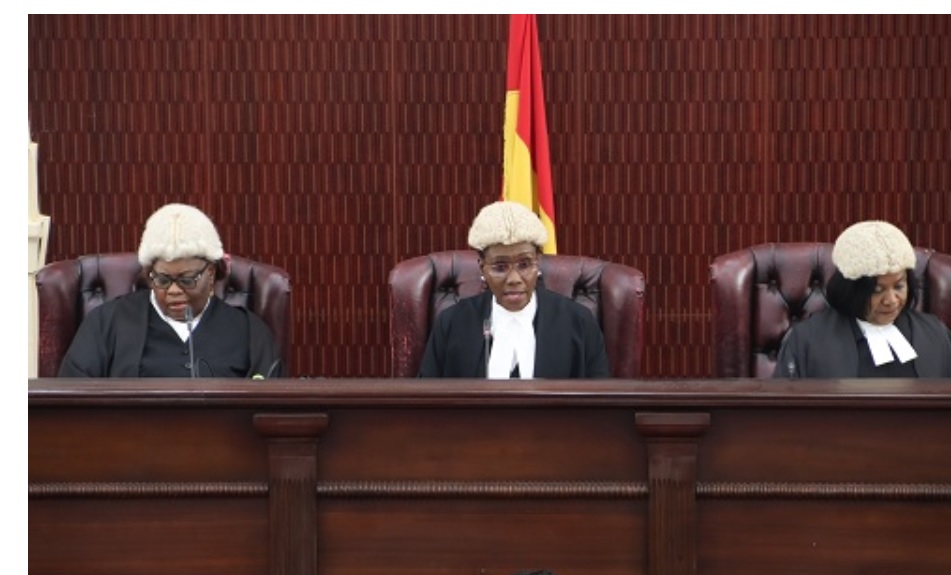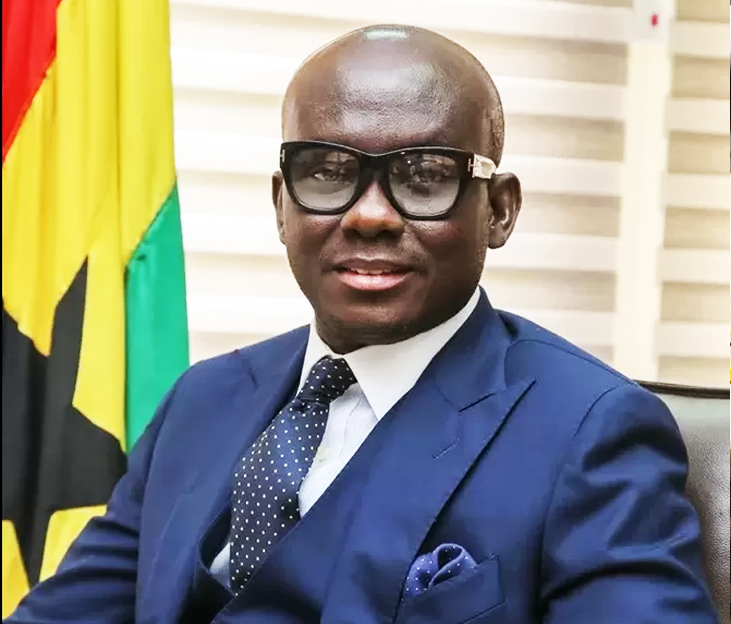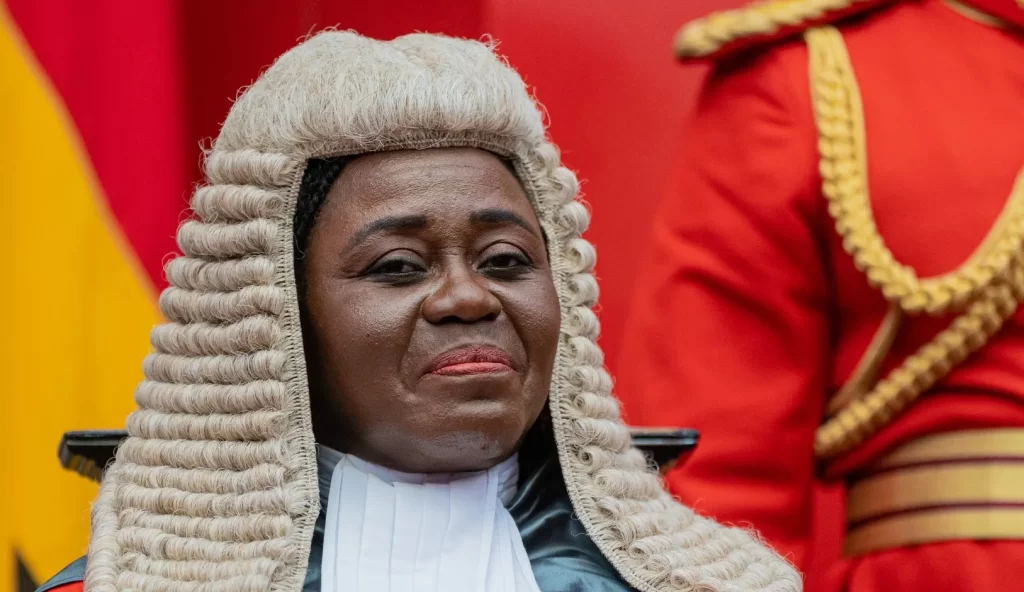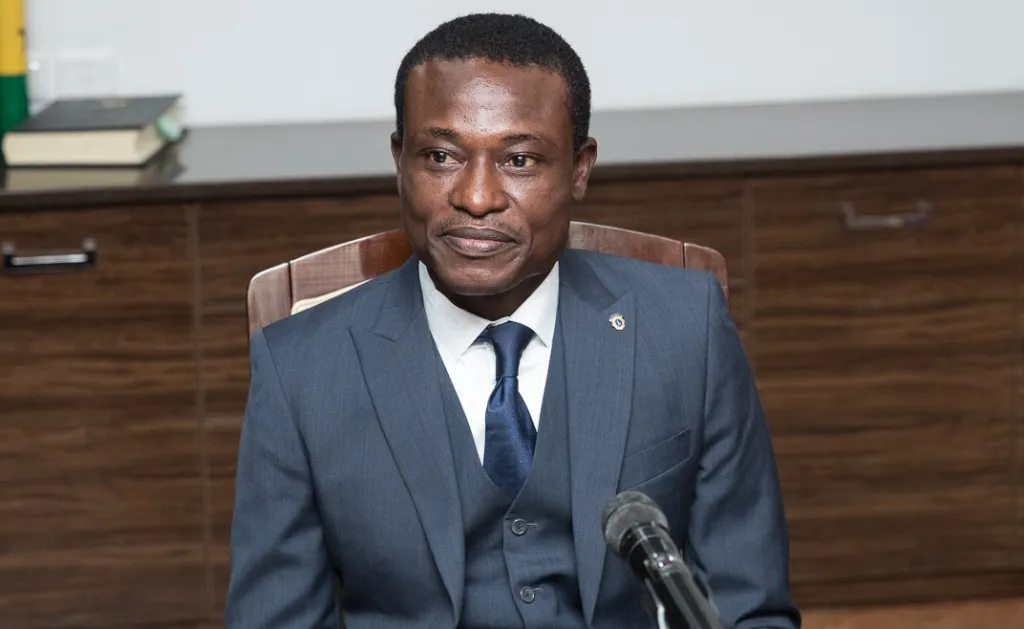Supreme Court of Ghana Dismisses Two LGBTQ Suits
The Supreme Court of Ghana on December 18, 2024 dismissed two suits challenging the constitutionality of the process used by Parliament in passing the Human Sexual Rights and Family Bill – popularly called the “anti-gay” bill. In a unanimous decision, a seven-member panel of the Supreme Court held that the two suits failed to properly […]
Supreme Court of Ghana Dismisses Two LGBTQ Suits Read More »






